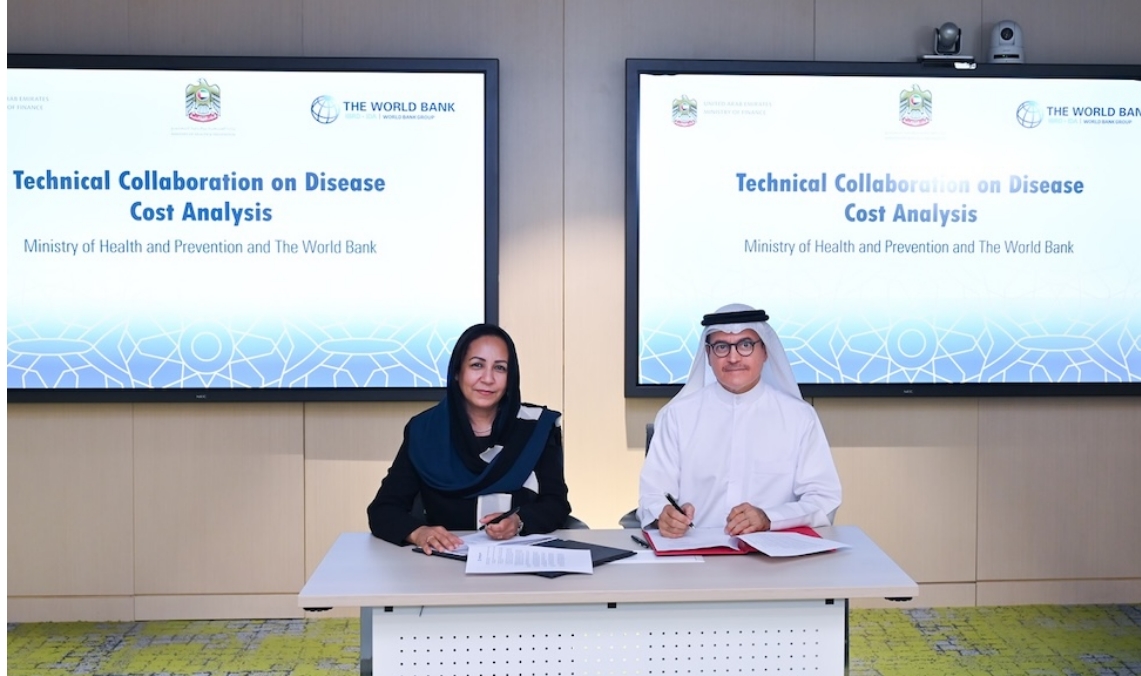Nepal agri council: We get $5 mn for R&D each year
22 April 2013 | Influencers | By BioSpectrum Bureau

Dr Resham Babu Amgai, scientist, biotechnology unit, Nepal Agriculture Research Council (NARC), Khumaltar, Lalitpur, Nepal
The National Agricultural Research Council (NARC) is Nepal's premier agriculture agency under the ministry of agriculture, whose function is to support the growth of agriculture sector in Nepal. NARC also has the mandate to take care of research and policy in the areas of plants, fisheries and animals.
Also read:
Nepal agri R&D is plagued with funding crunch
Dr Resham Babu Amgai, scientist, biotechnology unit, Nepal Agriculture Research Council (NARC), Khumaltar, Lalitpur, Nepal, in an exclusive interview, speaks about the activities of the organization. Excerpts from the interview:
What kind of funding do you receive from the government? Who are the major contributors? Has this funding been sufficient?
NARC receives funds from the Nepal government and other donors, including public funding agencies like the World Bank. The government fund is the major source of funding (it covers 99 percent of total funding) for research and other activities of the institute. Total budget of NARC is around $5 million per year for research and another $5million per year for administration, which is distributed to all 76 research stations throughout the country. However, it is very insufficient to conduct the research in all disciplines of agriculture. For example, $ 80,000 per year is allocated to conduct research works on biotechnology for whole institute, which is very insufficient.
Please tell us about the Nepal Agriculture Research Council (NARC) and its association with Indian agricultural scientists and industry?
Established in 1991, NARC is an autonomous apex body for the applied agricultural research under ministry of agriculture development in Nepal. Simultaneously the biotechnology unit was created in 1998. Nepalese scientists share a very warm relationship with their Indian counterparts at Indian Council for Agricultural Research (ICAR) and Indian Agriculture Research Institute (IARI) through South Asian Association for Regional Cooperation (SAARC) and APAARI (Asia Pacific Association of Agricultural Research Institutions).
Could you kindly mention the mutually beneficial activities that have taken place between NARC and the Indian agricultural sector?
Many capacity building works have been conducted by Indian scientists for Nepalese researchers. At the same time NARC helped in the registration of Indian crop varieties that were developed and marketed by Indian seed companies especially for maize, rice and vegetables in Nepal. Similarly, NARC has also played a greater role in recommending Nepalese farmers pesticide, fertilizer and machineries that are produced by Indian companies. The biotechnology unit alone purchases the chemicals worth $60,000 from Indian companies every year.











